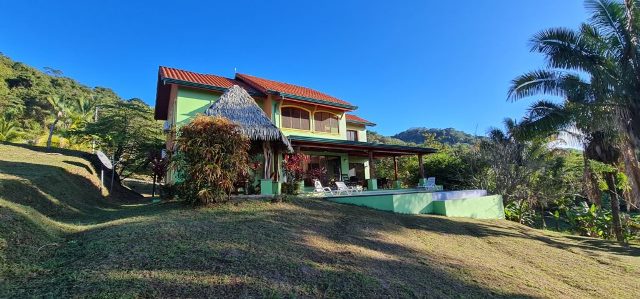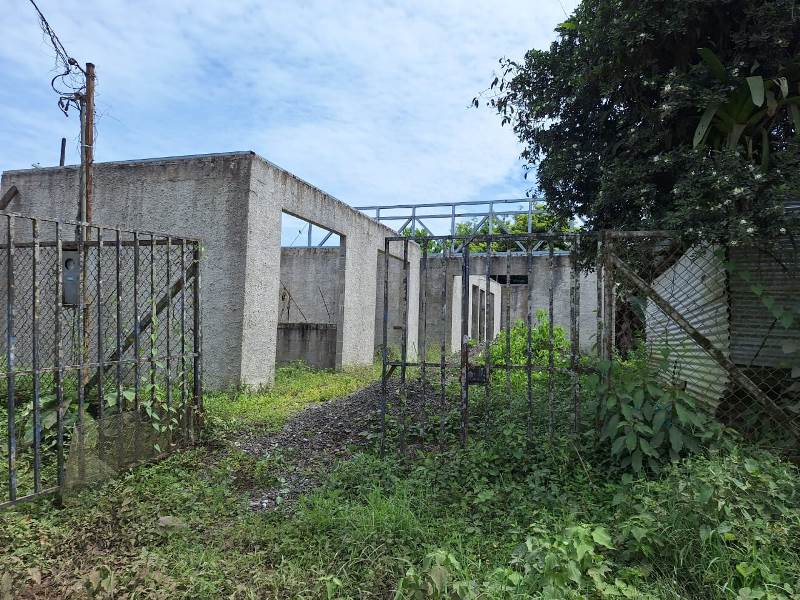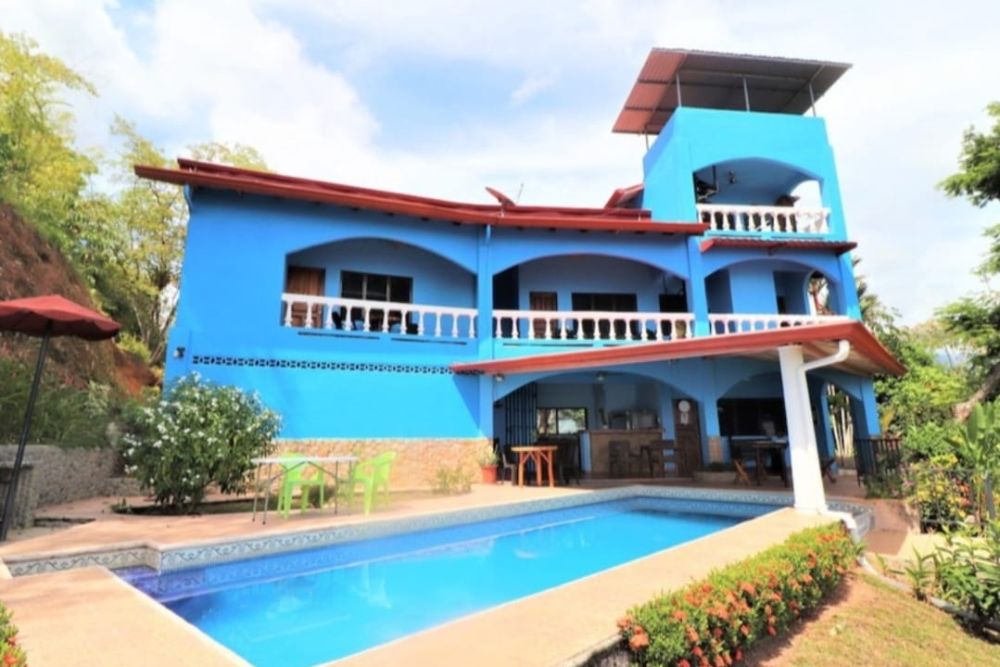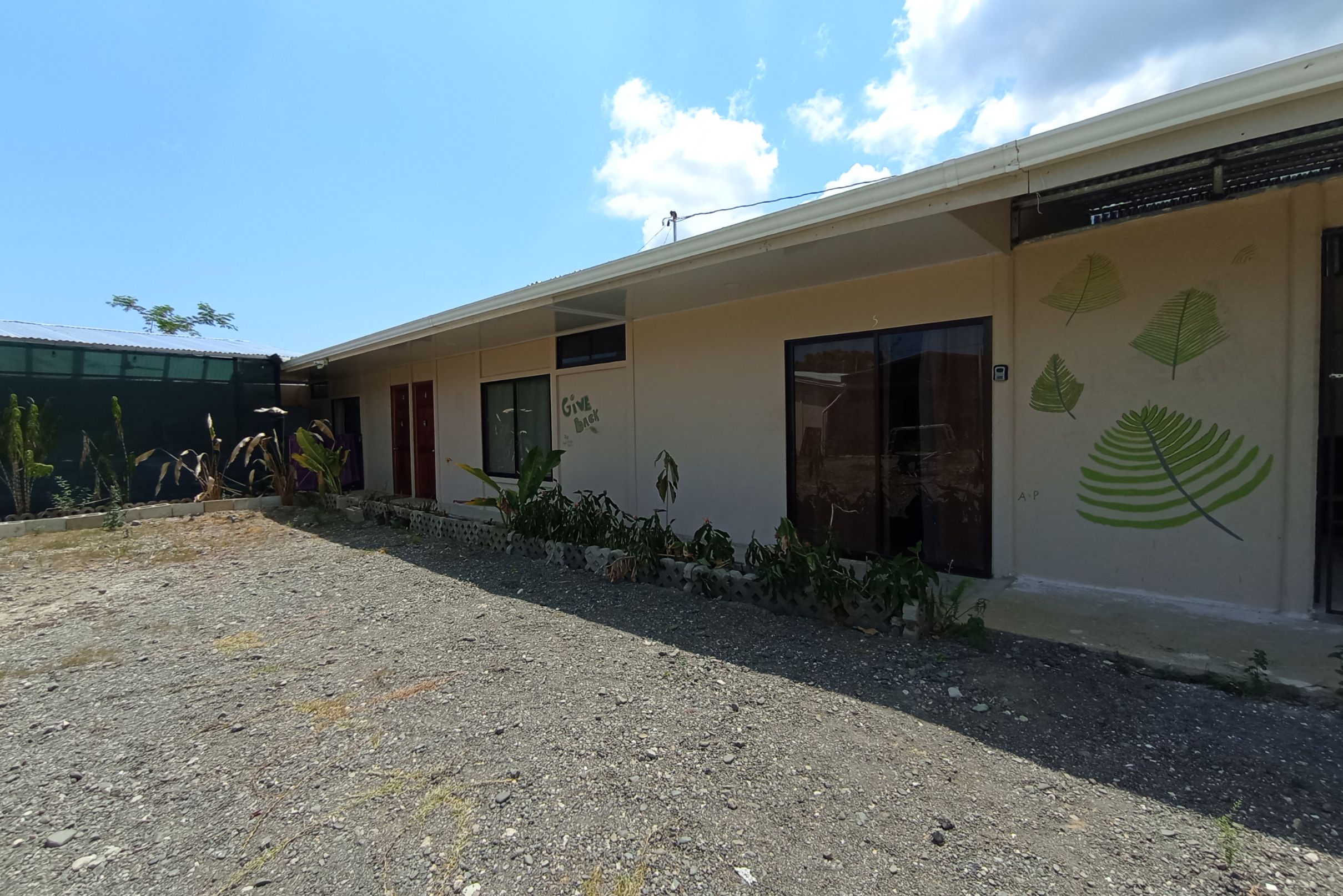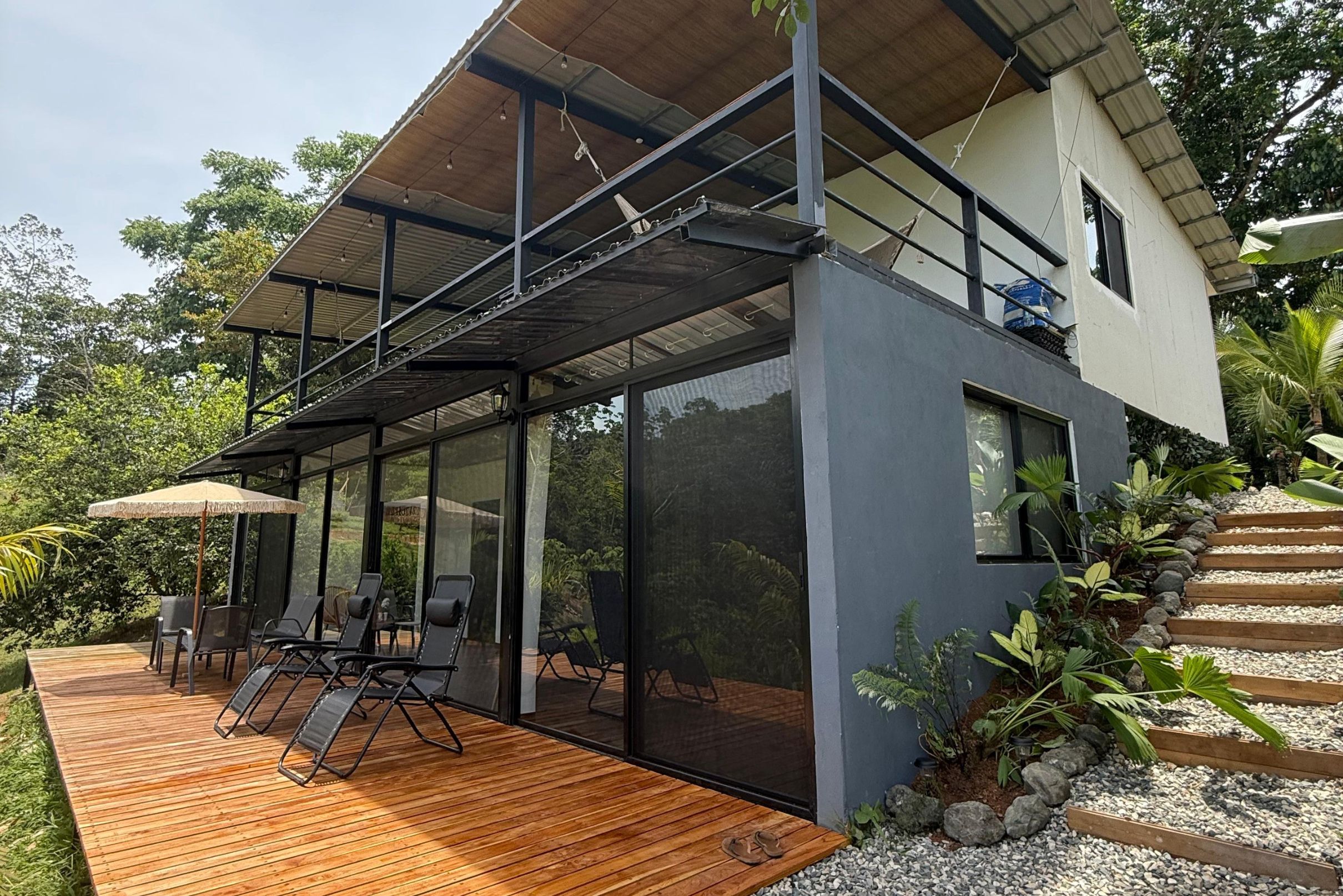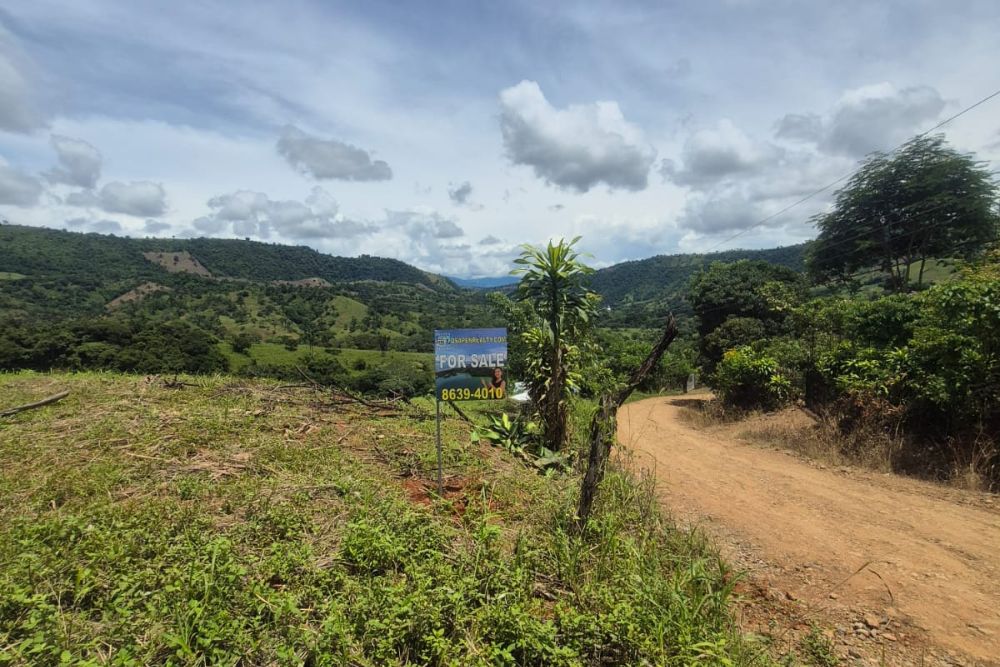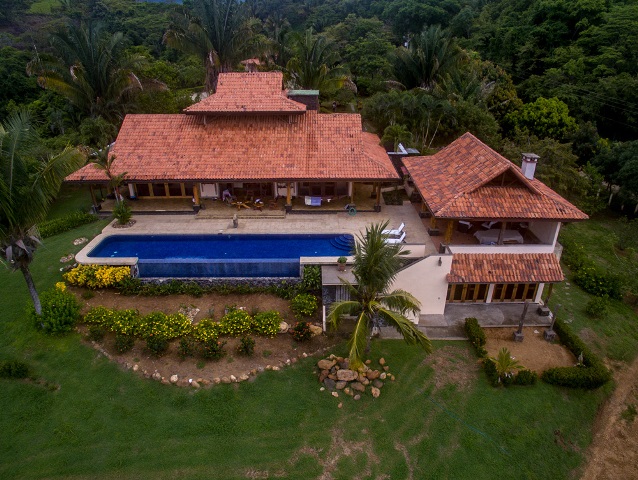Legal Title
Legal Title
Legal Title
A legal title is required in order to transfer a property from one person (or legal entity) to another. However, the fact that a property does not have a title does not necessarily exclude it from consideration altogether. Many lands have been in family hands for decades, considerably in excess of the advent of legal titling in this country. There is no requirement that such a landowner title his property, and there is no compelling reason to do so until he wishes to sell the property or to subdivide it. Titling a property requires a considerable investment in energy and money, since it requires a surveyor to define the property boundaries, publication nationally of an intent to title, a reasonable period of time for objections to be raised in a court of law, an unrestricted time for any legal objections to be resolved either through negotiation or litigation, and for the Registro Nacional to finalize property titles.
For a property that does not have any claims against it or boundary disputes, this process can take as little as six months with dedicated handlers but commonly takes up to one year to complete.
Fully titled property on average is 50% more costly than property that is not fully titled. Consequently, untitled property can represent an attractive alternative to speculative investment for persons that are not in a hurry and who have the infrastructure to ensure that they are working with a property without problems that would make the titling process onerous and lengthy. There are a variety of mechanisms to minimize the risk of such properties. For example, a prospective buyer secures a legally binding option on an untitled property at a fixed price. A deposit is emitted to hold the option for a period of time specified between the parties. This deposit money can be structured in an amount and through channels so that it may only be applied toward the permitting process. Then, once the title is emitted, the option may be exercised, and the new owner will have just enjoyed a substantial increase in the value of the property acquired in this manner.
A legal title is required in order to transfer a property from one person (or legal entity) to another. However, the fact that a property does not have a title does not necessarily exclude it from consideration altogether. Many lands have been in family hands for decades, considerably in excess of the advent of legal titling in this country. There is no requirement that such a landowner title his property, and there is no compelling reason to do so until he wishes to sell the property or to subdivide it. Titling a property requires a considerable investment in energy and money, since it requires a surveyor to define the property boundaries, publication nationally of an intent to title, a reasonable period of time for objections to be raised in a court of law, an unrestricted time for any legal objections to be resolved either through negotiation or litigation, and for the Registro Nacional to finalize property titles.
For a property that does not have any claims against it or boundary disputes, this process can take as little as six months with dedicated handlers but commonly takes up to one year to complete.
Fully titled property on average is 50% more costly than property that is not fully titled. Consequently, untitled property can represent an attractive alternative to speculative investment for persons that are not in a hurry and who have the infrastructure to ensure that they are working with a property without problems that would make the titling process onerous and lengthy. There are a variety of mechanisms to minimize the risk of such properties. For example, a prospective buyer secures a legally binding option on an untitled property at a fixed price. A deposit is emitted to hold the option for a period of time specified between the parties. This deposit money can be structured in an amount and through channels so that it may only be applied toward the permitting process. Then, once the title is emitted, the option may be exercised, and the new owner will have just enjoyed a substantial increase in the value of the property acquired in this manner.
A legal title is required in order to transfer a property from one person (or legal entity) to another. However, the fact that a property does not have a title does not necessarily exclude it from consideration altogether. Many lands have been in family hands for decades, considerably in excess of the advent of legal titling in this country. There is no requirement that such a landowner title his property, and there is no compelling reason to do so until he wishes to sell the property or to subdivide it. Titling a property requires a considerable investment in energy and money, since it requires a surveyor to define the property boundaries, publication nationally of an intent to title, a reasonable period of time for objections to be raised in a court of law, an unrestricted time for any legal objections to be resolved either through negotiation or litigation, and for the Registro Nacional to finalize property titles.
For a property that does not have any claims against it or boundary disputes, this process can take as little as six months with dedicated handlers but commonly takes up to one year to complete.
Fully titled property on average is 50% more costly than property that is not fully titled. Consequently, untitled property can represent an attractive alternative to speculative investment for persons that are not in a hurry and who have the infrastructure to ensure that they are working with a property without problems that would make the titling process onerous and lengthy. There are a variety of mechanisms to minimize the risk of such properties. For example, a prospective buyer secures a legally binding option on an untitled property at a fixed price. A deposit is emitted to hold the option for a period of time specified between the parties. This deposit money can be structured in an amount and through channels so that it may only be applied toward the permitting process. Then, once the title is emitted, the option may be exercised, and the new owner will have just enjoyed a substantial increase in the value of the property acquired in this manner.

F E A T U R E D






